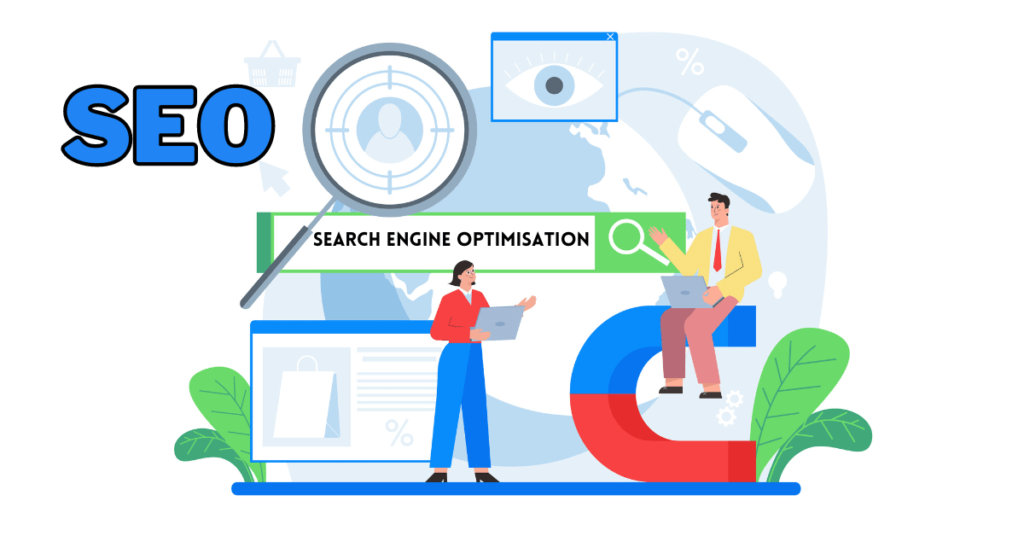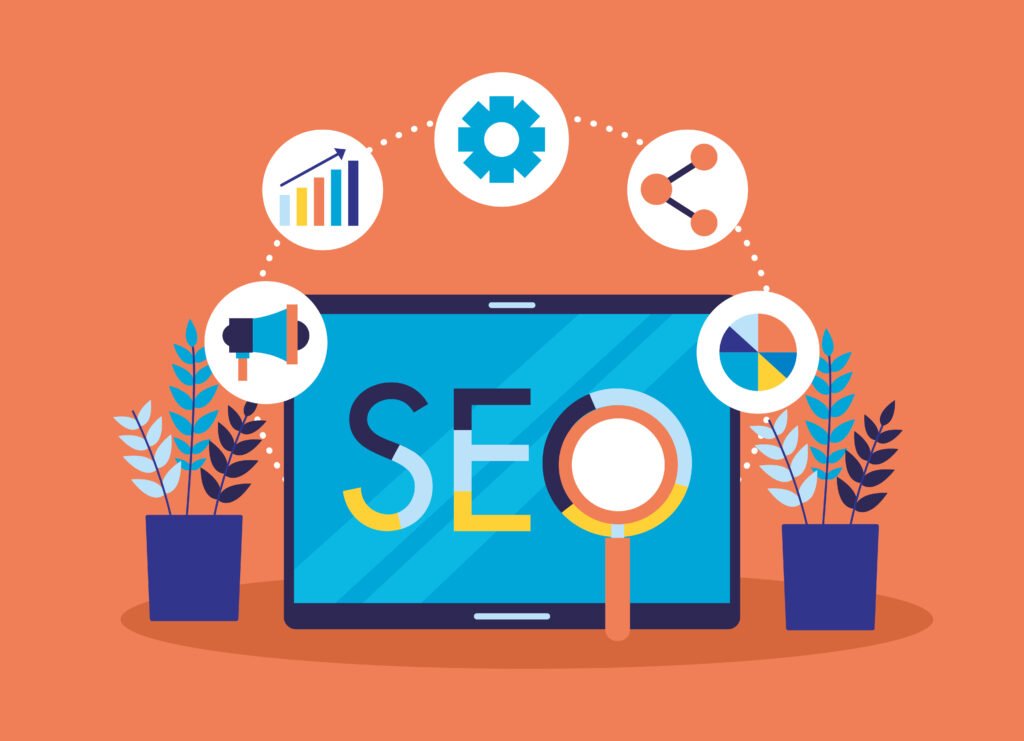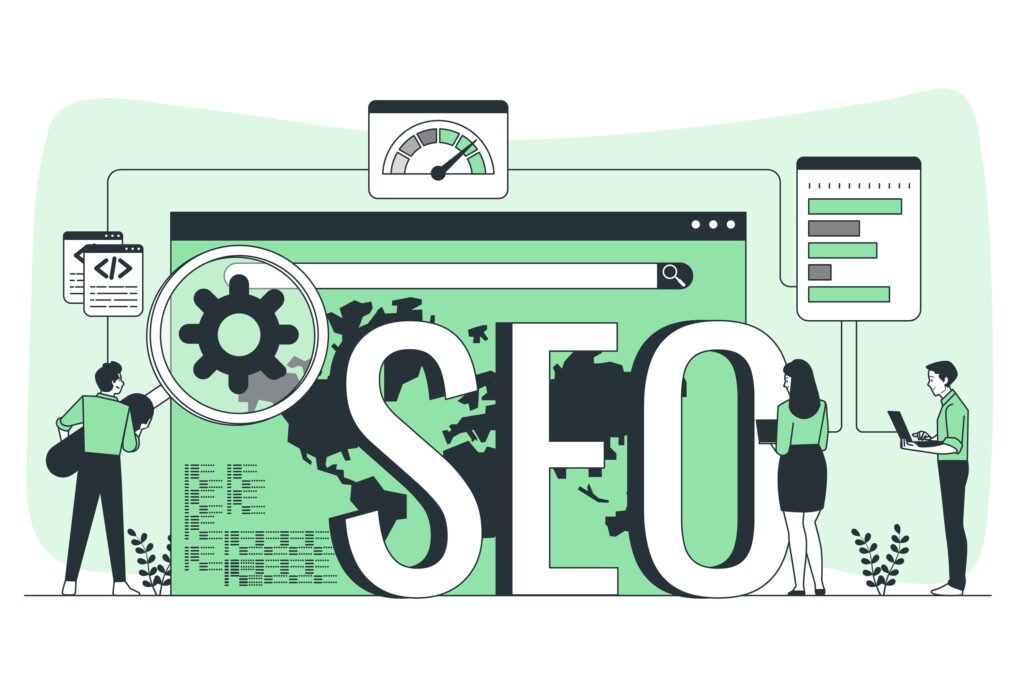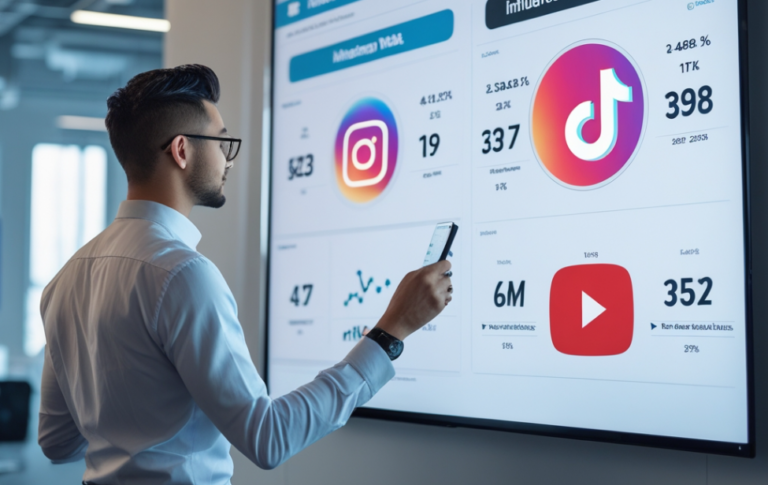2025 SEO Technical Tips For Small Business Success | Boost Your Website’s SEO
Feeling lost in the intricate world of search engines? Struggling to navigate the ever-changing algorithms and get your website seen by potential customers? Don’t worry, you’ve come to the right place!
This comprehensive guide serves as your personal roadmap to understanding and mastering Search Engine Optimization (SEO), whether you’re a complete novice or a seasoned web professional looking to refresh your knowledge.

Unveiling the SEO Mystery: What It Is and Why It Matters
Let’s begin by demystifying the term itself. SEO stands for Search Engine Optimization. In simpler terms, it’s the art and science of optimizing your website and its content to rank higher in search engine results pages (SERPs) for relevant queries. Think of it as making your website more discoverable and user-friendly for both search engines and human visitors.
Now, why should you care about SEO? The benefits are numerous:
- Increased Website Traffic: By ranking higher, you attract more organic visitors who are actively searching for products or services like yours, leading to a potential surge in website traffic.
- Enhanced Brand Awareness: Higher visibility translates to increased brand recognition, making your business more familiar and trustworthy in the eyes of potential customers.
- Improved Conversion Rates: When the right audience finds your website, the chances of converting them into paying customers or loyal subscribers significantly increase.
- Cost-Effective Marketing Strategy: Compared to traditional marketing methods, SEO offers a long-term, cost-effective way to reach your target audience organically.

Navigating the SEO Landscape: Different Types Explained
The world of SEO isn’t one-size-fits-all. It encompasses several key aspects, each contributing to your overall search engine ranking:
- On-Page SEO: This focuses on optimizing the elements directly on your website, such as keyword optimization in title tags, meta descriptions, and content; website structure and navigation; and image optimization.
- Off-Page SEO: This involves activities outside of your website that influence your ranking, primarily building backlinks (links from other high-authority websites pointing to yours).
- Technical SEO: This ensures your website is technically sound and crawlable by search engines, including optimizing website speed, mobile-friendliness, and code structure.
- Local SEO: This focuses on optimizing your website and online presence to rank well for local searches, particularly relevant for businesses with a physical location or serving a specific geographic area.
- Mobile SEO: With the increasing use of mobile devices, optimizing your website for a seamless mobile experience is crucial for ranking and user engagement.

Embarking on Your SEO Journey: A 2025 Beginner’s Guide
Feeling overwhelmed by the sheer amount of information? Don’t fret! Here’s a beginner’s guide to easing your way into the world of SEO:
- Keyword Research: This is the foundation of any successful SEO strategy. Identify relevant keywords and phrases your target audience is searching for, considering factors like search volume and competition level.
- Content Creation: Create high-quality, informative, and engaging content that addresses your target audience’s needs and search intent. Optimize your content with your chosen keywords naturally throughout the text.
- On-Page Optimization: Ensure your website has clear titles, meta descriptions, and well-structured content with relevant headers and subheadings. Optimize images with alt tags and use internal linking to relevant pages on your website.
- Building Backlinks: This may seem daunting at first, but focus on creating valuable content that naturally attracts backlinks from other websites. You can also explore guest blogging opportunities or collaborate with other websites in your niche.
- Analyze and Adapt: Regularly monitor your website’s performance using analytics tools like Google Search Console to track your progress, identify areas for improvement, and adapt your strategy accordingly.

Deep Dive: Essential SEO Tips and Techniques
Now that you’ve grasped the basics, let’s delve deeper with some actionable SEO tips and techniques:
- Mobile-First Approach: Ensure your website is mobile-friendly and provides a seamless user experience across all devices.
- Embrace Content Marketing: Regularly create valuable content that resonates with your audience and addresses their pain points.
- Embrace Long-Tail Keywords: Target long-tail keywords (more specific keyword phrases) with lower competition to attract qualified leads.
Remember, the ultimate goal of SEO isn’t just ranking high in search results, but converting that traffic into paying customers or leads. Here’s how identifying high-converting keywords can be your secret weapon:
1. Understanding User Intent:
Not all searches are created equal. While some users are simply looking for information (informational intent), others are ready to take action (commercial intent). High-converting keywords reveal the commercial intent behind a search, indicating the user is in the “consideration” or “decision” stage of the buying journey.
2. Targeting the Right Audience:
By focusing on high-converting keywords, you’re attracting users who are actively seeking products or services like yours. This translates to more qualified leads with a higher chance of converting into paying customers.
3. Crafting Content that Converts:
Once you identify these keywords, you can craft targeted content that directly addresses the user’s needs and buying intent. This could include product pages, landing pages, or blog posts that highlight the benefits of your offerings and guide users towards conversion.
4. Powerful Keyword Research Tools:
While there are various ways to identify high-converting keywords, using powerful tools like Semrush or Ahrefs can significantly streamline the process. These tools offer features like:
- Search volume analysis: Identify keywords with high search volume, indicating a significant number of users searching for those terms.
- Competition level: Evaluate the competition for your target keywords, helping you choose options that are both relevant and achievable.
- Commercial intent analysis: Many tools offer features that specifically identify keywords with high commercial intent, allowing you to focus your efforts on the most profitable searches.
5. Beyond the Tools:
While tools offer valuable insights, remember that understanding your target audience and their pain points is crucial. Conduct market research, analyze competitor strategies, and consider user reviews to gain a deeper understanding of the language your audience uses when searching for solutions.
By putting this knowledge into action, you can transform your SEO efforts into a powerful conversion machine, attracting high-quality leads and driving tangible results for your business.
FAQs
What is SEO?
Optimizing your website to rank higher in search results for relevant searches.
Why is SEO important for small businesses?
It attracts more website traffic, boosts brand awareness, improves conversion rates, and offers a cost-effective marketing strategy.
How long does it take to see results?
Months to a year, depending on competition and strategy.
Can I do SEO myself?
Yes, the basics are achievable, but complex strategies may require a professional
What are the different types of SEO?
On-page (website elements), off-page (external links), technical (search engine friendliness), and local (for physical location).
What are common SEO mistakes?
Keyword stuffing, neglecting mobile, ignoring backlinks, low-quality content, and not tracking progress.


